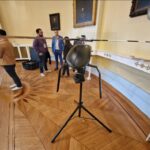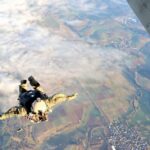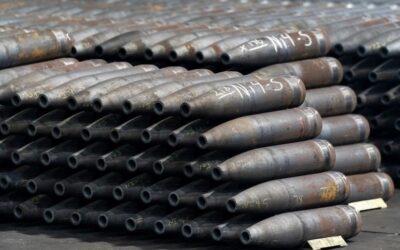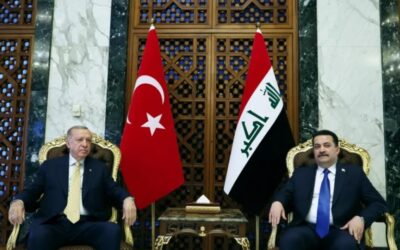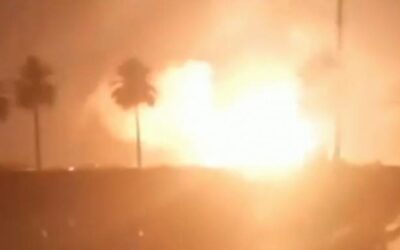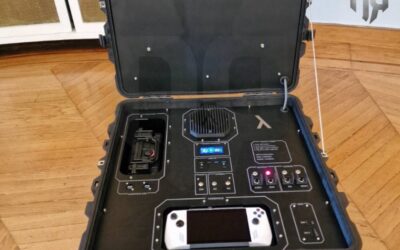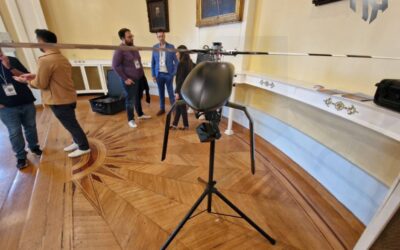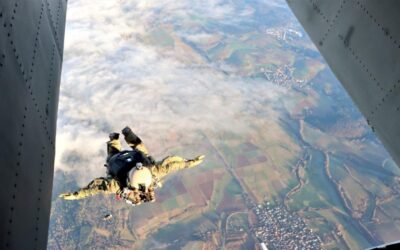In 2023, global military spending set a new record for the ninth consecutive year, according to research by SIPRI, the Stockholm-based…
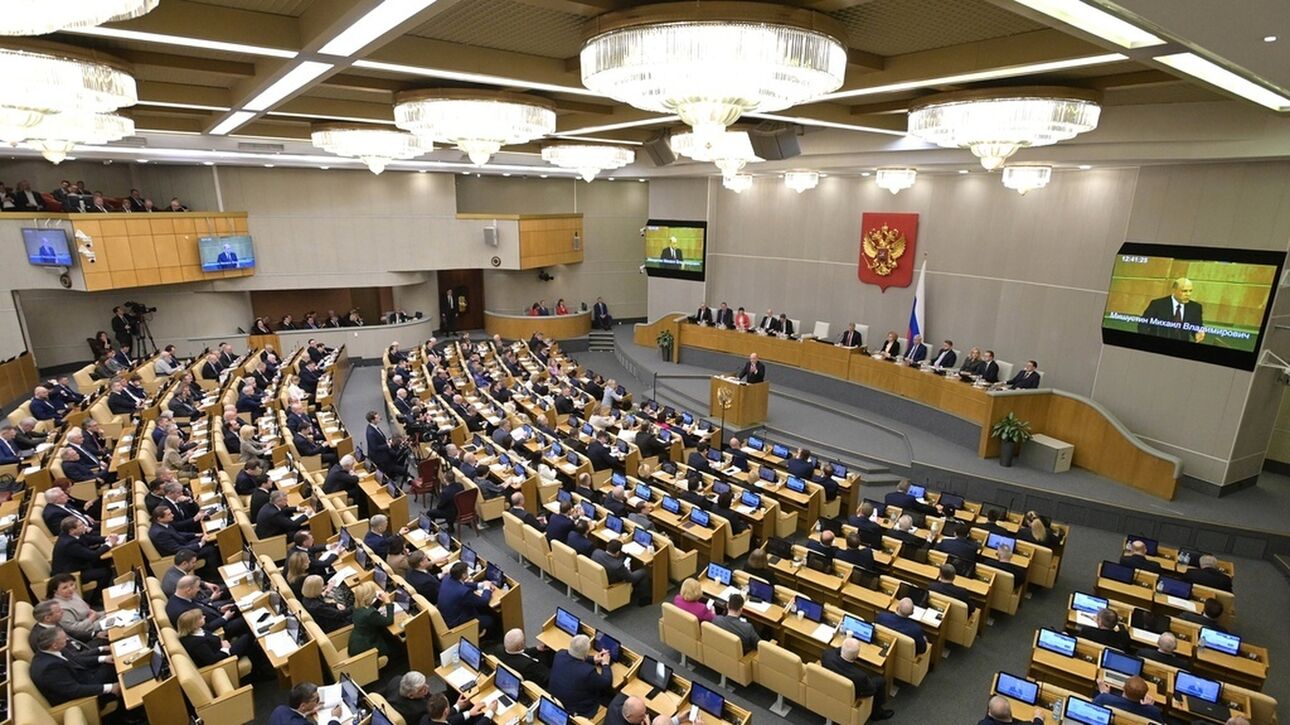
Moscow authorities are using the extensive system of facial recognition cameras to track down young draft evaders, state news agency TASS reported, citing the head of the city’s recruitment agency.
President Vladimir Putin signed a law last week that tightens restrictions on draft evaders and requires that conscription documents be sent electronically, rather than delivered in person at the local military office or through an officer.
The measures will make life harder for thousands of men aged 18-27 who, every spring and autumn, do everything they can to avoid conscription officers trying to force them to enlist for their 12-month mandatory military service as well as those who are being called up to serve in Ukraine as part of the mobilization announced last year.
In 2017, Moscow’s Information Technology Service announced that over 3,000 surveillance cameras in the city have been connected to a facial recognition system.
Also read: Russia | E-recruitment call-ups from now on
Russian lawmakers gave the green light yesterday to reintroduce life sentences for those convicted of treason as part of a concerted campaign after Moscow invaded Ukraine to toughen the punishment of dissidents and of those considered traitors.
Russia’s lower house, the State Duma, also approved increasing maximum sentences for a range of terrorism and sabotage offenses and introduced a new law that punishes those who help enforce legal decisions of international organizations, which do not include Russia, with imprisonment that reaches a five-year period.
The move is a direct response to the International Criminal Court issuing an arrest warrant for President Vladimir Putin last month in connection with transporting Ukrainian children to Russia.
The amendments, which must be approved by Russia’s upper house, the Federation Council, before being signed by Putin and coming into legal force, come as human rights groups say Russian authorities are intensifying their campaign to crack down on the few remaining dissident voices in the country.
The previous maximum sentence for treason was 20 years.
Last Monday Moscow’s court sentenced opposition political activist Vladimir Kara-Murza to 25 years in prison on treason and other charges, the harshest sentence handed down to a Kremlin critic since Russia invaded Ukraine in February 2022.
Russia says such laws are necessary to protect the country from intrusion by Ukrainian and Western intelligence agencies.
Also read: Black Sea Summit in Bucharest with the participation of Ukraine, Romania and Moldova
READ MORE
Iraq – Turkey | Sign more than 20 agreements
Turkish President, Recep Tayyip Erdogan, met with his Iraqi counterpart, Abdul Latif Rashid, in Baghdad on the occasion of his official…
Iraq | Εxplosion at military base south of Baghdad
A major explosion at a command post of the Iraqi Army took place today Saturday about 50 kilometers south of Baghdad…
SIPRI | New record in global military spending
In 2023, global military spending set a new record for the ninth consecutive year, according to research by SIPRI, the Stockholm-based…
Iraq – Turkey | Sign more than 20 agreements
Turkish President, Recep Tayyip Erdogan, met with his Iraqi counterpart, Abdul Latif Rashid, in Baghdad on the occasion of his official…
Lambda (λ) Automata | Autonomous surveillance solutions at “Investing in Deep Tech: Dual-Use Technologies” conference
The recent presentation of the start-up company Lambda Automata at the “Investing in Deep Tech: Dual-Use Technologies” conference…
VELOS ROTORS | Velos V3 UAS introduced as ideal example of dual-use systems
The “Investing in Deep Tech: Dual-Use Technologies” conference held at the Hellenic Armed Forces Officers’ Club in…
OCCAR | Additional Night Vision Goggles
The Director of the Organisation for Joint Armament Cooperation (OCCAR), Mr. Joachim Sucker, has signed a third amendment to…
Iraq | Εxplosion at military base south of Baghdad
A major explosion at a command post of the Iraqi Army took place today Saturday about 50 kilometers south of Baghdad…











